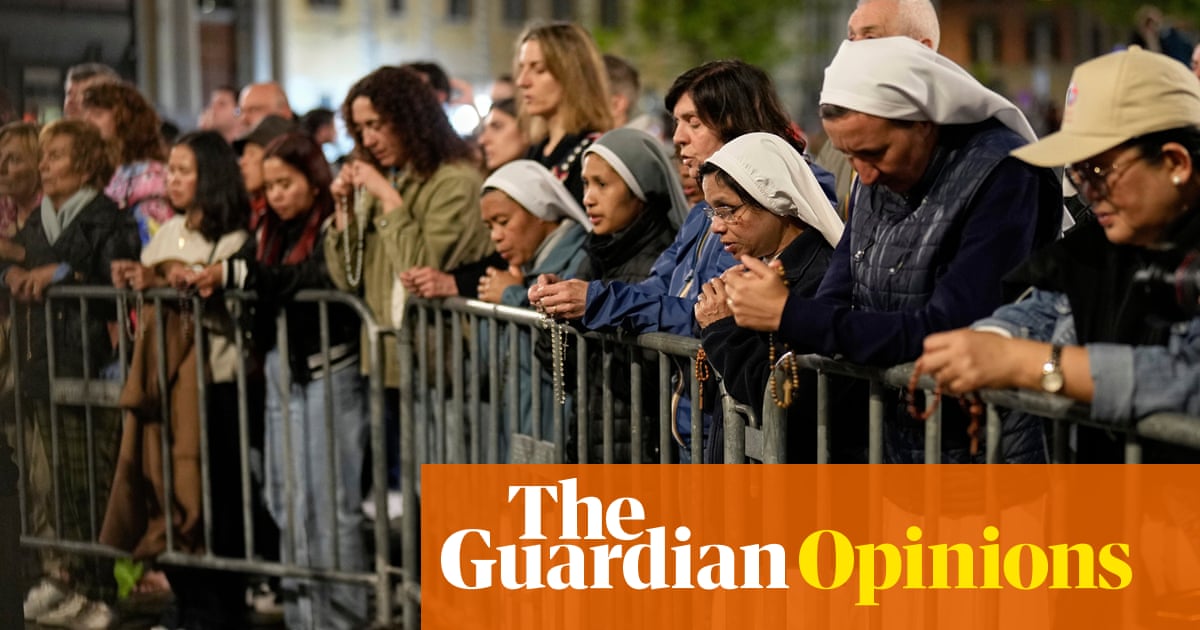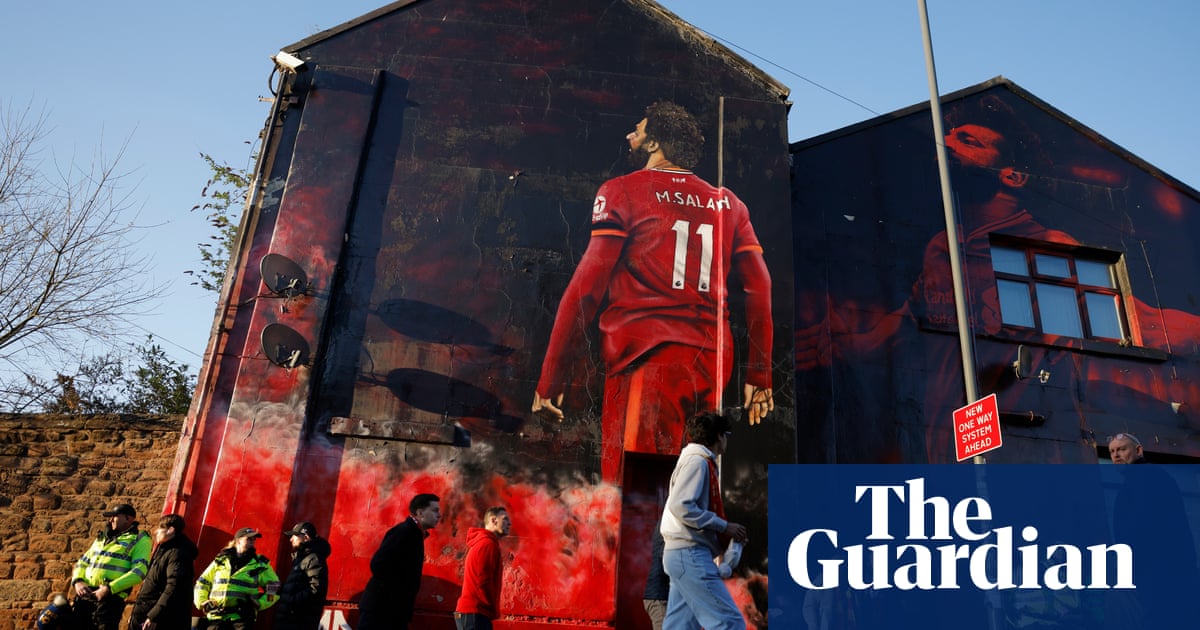Ecuador’s attorney general’s office has confirmed that incinerated bodies found on Christmas Eve belong to the four children missing since early December, in a case posing a severe challenge to President Daniel Noboa’s “war on drugs”.
The four boys – all black, aged between 11 and 15, and residents of Las Malvinas, a poor area in the country’s largest city, Guayaquil – were returning from a football game on 8 December when they were apprehended by 16 air force soldiers.
They have become known as the “Guayaquil Four”.
The bodies were found on Christmas Eve in the Taura region, where the military allegedly released them near an air force base. DNA testing was required to identify the bodies.
On Tuesday the attorney general’s office informed the families that the bodies belonged to the boys and later posted on social media: “The results of the forensic genetic tests confirm that the four bodies found in Taura correspond to the three teenagers and one child who went missing after a military operation on 8 December.”
Antonio Arroyo, the uncle of two of the boys (who were brothers), received the news in tears. “They’re the children, the children are dead. My nephews are dead,” he said, according to Ecuadorian newspaper El Universo.
The families were informed after a hearing in which a judge ordered that the 16 air force personnel involved in the operation be held in custody while the investigation continues.
About 200 people, including relatives of the boys, gathered outside the court in Guayaquil, holding banners displaying photos of the boys and slogans such as “Where are the children?” and “They took them alive, we want them alive!”.
After being apprehended by soldiers near their homes, the four were allegedly released 26 miles (42 km) away, late at night, in an unfamiliar rural area. They have not been seen since.
The Ministry of Defence initially denied involvement, only later admitting that the military had apprehended the boys. The ministry alleged the teenagers were involved in robbing a woman, but the public prosecutor investigating the case stated that there was no evidence to support this.
Before the confirmation of the deaths, the case was already considered the greatest popularity crisis for Noboa’s hardline security policy, imposed after he declared a state of “internal armed conflict” in January, with the armed forces at the centre of his project.
Protests across the country have marked the last days, and some believe that the situation could intensify.
“There is total sadness in the vulnerable communities of Guayaquil,” said Arturo Ramírez Morán, a professor at the Universidad Católica de Santiago de Guayaquil. “In an environment filled with impotence, violence against the state can flare up in the blink of an eye.”
Public prosecutors are now investigating whether the military were responsible for the deaths. The Ministry of Defence had claimed that the boys could have become victims of organised crime after being released.
The 16 soldiers are being investigated for “forced disappearance” – a crime with a sentence of 22 to 26 years in prison.

.png) 3 months ago
40
3 months ago
40













































